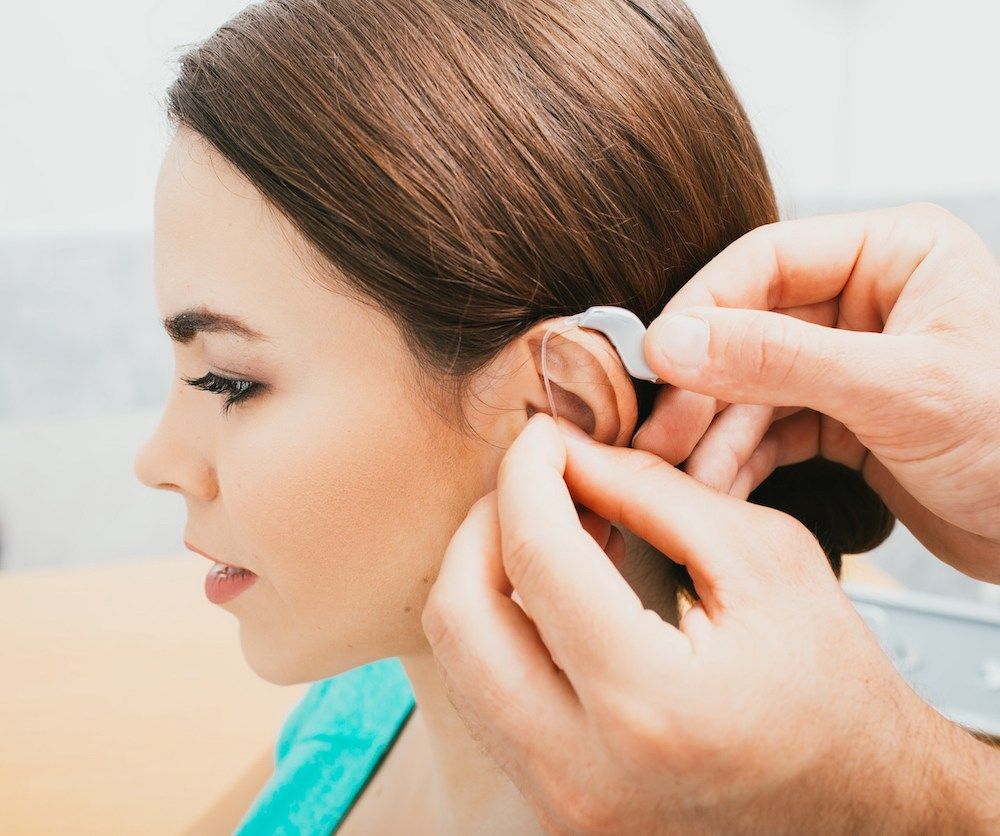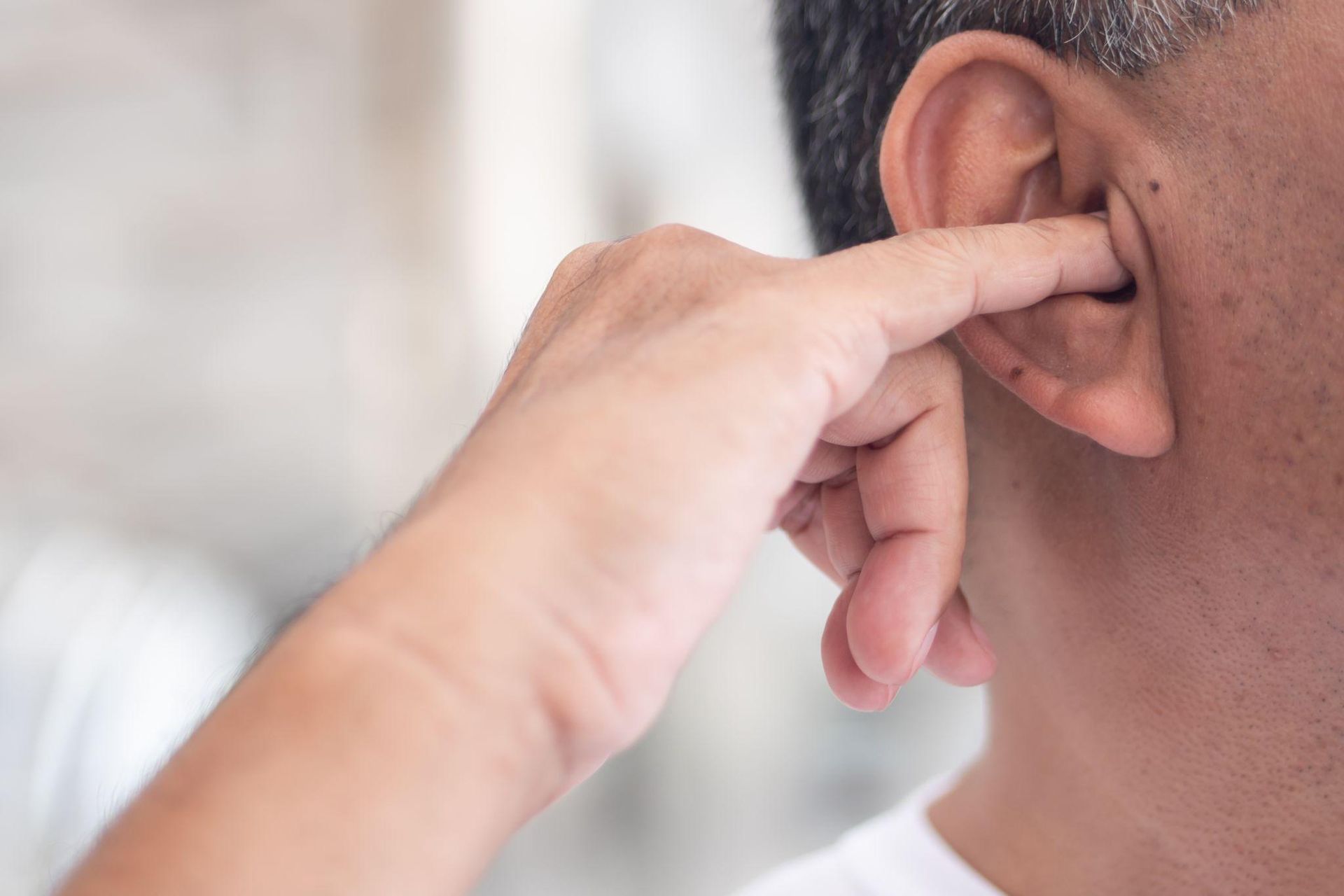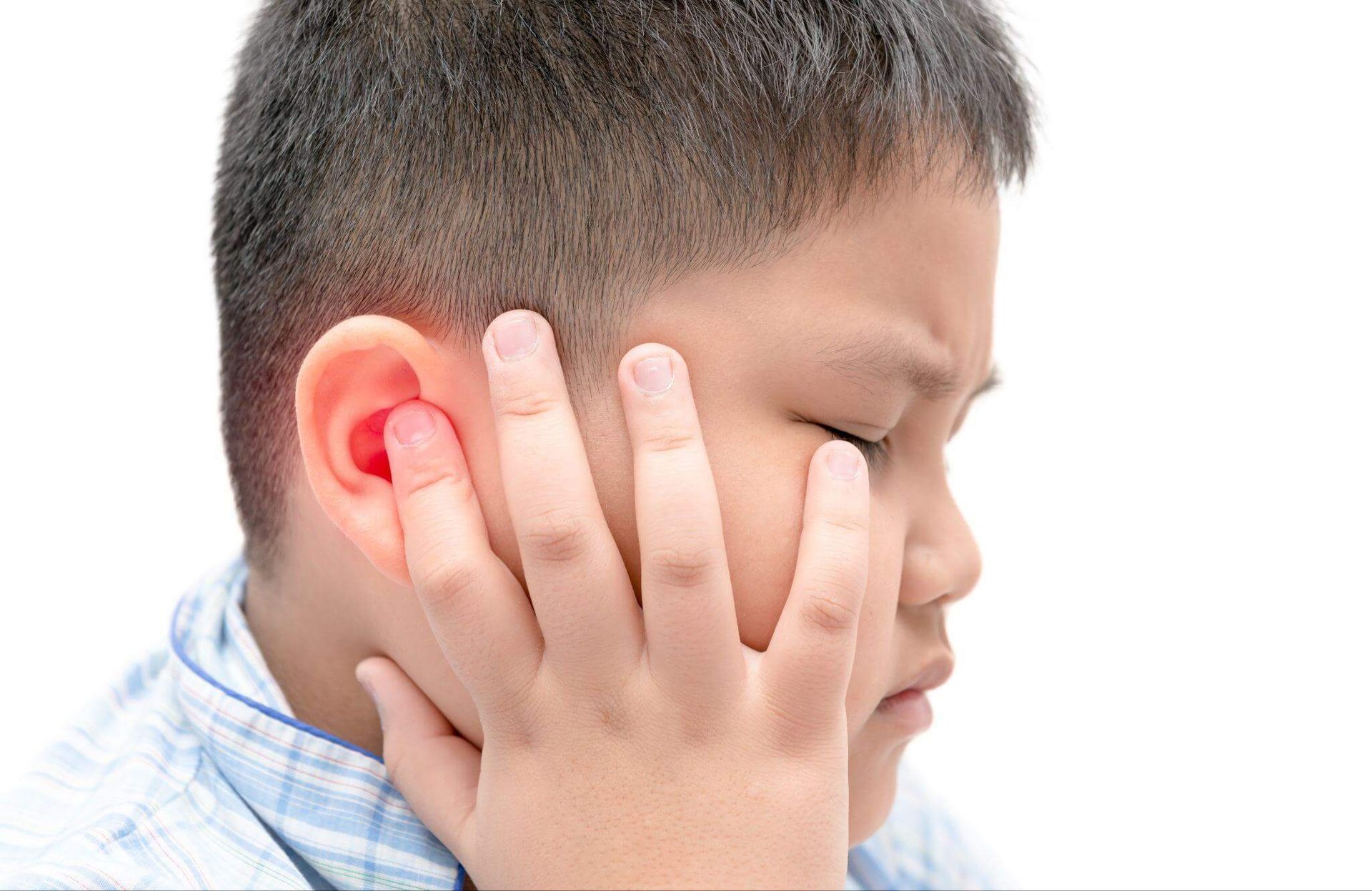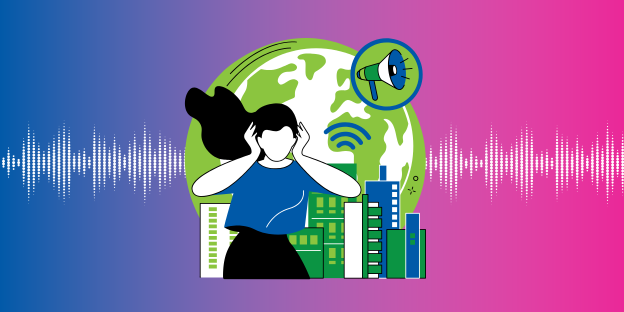May is Better Speech and Hearing Month
May is Better Speech and Hearing Month, which highlights the importance of raising awareness about hearing health and communication disorders in order to improve the rates of early detection.
Being able to recognize the signs of hearing loss early allows you to seek treatment and, depending on the cause of the hearing loss, take steps to prevent the hearing loss from growing worse.
Treating your hearing loss can also help improve your ability to communicate, enjoy social interactions and reduce the negative impacts to your mental health and cognitive abilities.
What are Common Signs of Hearing Loss?
Hearing loss can develop slowly over time, so it’s important to watch out for signs that there is a problem. If you are experiencing any of the following symptoms, you should book a hearing evaluation with a registered audiologist:
- Ringing or buzzing sounds with no external source
- Trouble following conversations
- Requiring the TV volume be set significantly higher than others require
- Difficulty hearing certain types of sounds (e.g. high-pitched sounds)
- Dizziness or balance issues
- Difficulty with focusing on specific sounds or ignoring background noise
How Can You Protect Your Hearing Health?
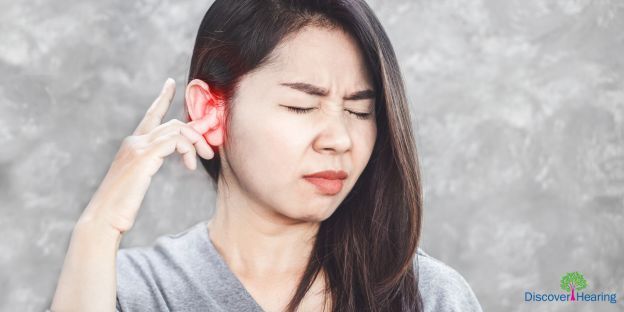
Just like with any other aspect of your health, it is important to take steps to take care of your hearing and protect yourself.
Here are 5 Tips for Safeguarding Your Hearing Health
1. Don’t Ignore Signs of an Ear Infection
If you are experiencing persistent pain in your ear or have noticed a discharge, you should get yourself checked out by your doctor for an ear infection or injury in your inner ear. Ear infections can lead to complications or hearing loss if left untreated, so don’t brush off these signs and get yourself assessed.
2. Use Ear Plugs or Hearing Protection Products
If you work in or live near noisy environments, ensure that you are using hearing protection products, such as earmuffs or ear plugs, when you are in areas where you could be exposed to loud noises for extended periods of time.
3. Schedule Regular Hearing Evaluations
You should be getting your hearing checked regularly, just like how you should be booking regular eye exams or dental appointments. If you are over the age of 50, or work in an environment where you are exposed to noise hazards, you should receive a hearing evaluation once a year.
4. If You Have a Hearing Aid, Wear it Regularly
Hearing aids can help you to hear better, improve your social interactions and reduce your risk of cognitive decline brought on by hearing loss and isolation. It can also reduce the risks of your hearing loss worsening due to auditory deprivation - but only if you wear your hearing aids regularly.
5. Seek Medical Advice from an Audiologist for Ear Concerns
If you are experiencing any issues with your ears or hearing beyond what we have mentioned, it’s important that you seek medical advice from a registered professional. This includes symptoms such as itchiness in your ears, injuries to the ears or issues with wax buildup.
Are you ready to start hearing better?
If you have been experiencing issues with your hearing, now is the time to book a hearing assessment with our registered audiologist. Our team can access your needs and develop a customized hearing treatment plan that fits your lifestyle needs.
Whether you need help with your current hearing aids, think you might need to get a hearing aid, or would just like to book your annual hearing test, we’re here to help. Contact us today at (780) 418-4327 to book an appointment.


